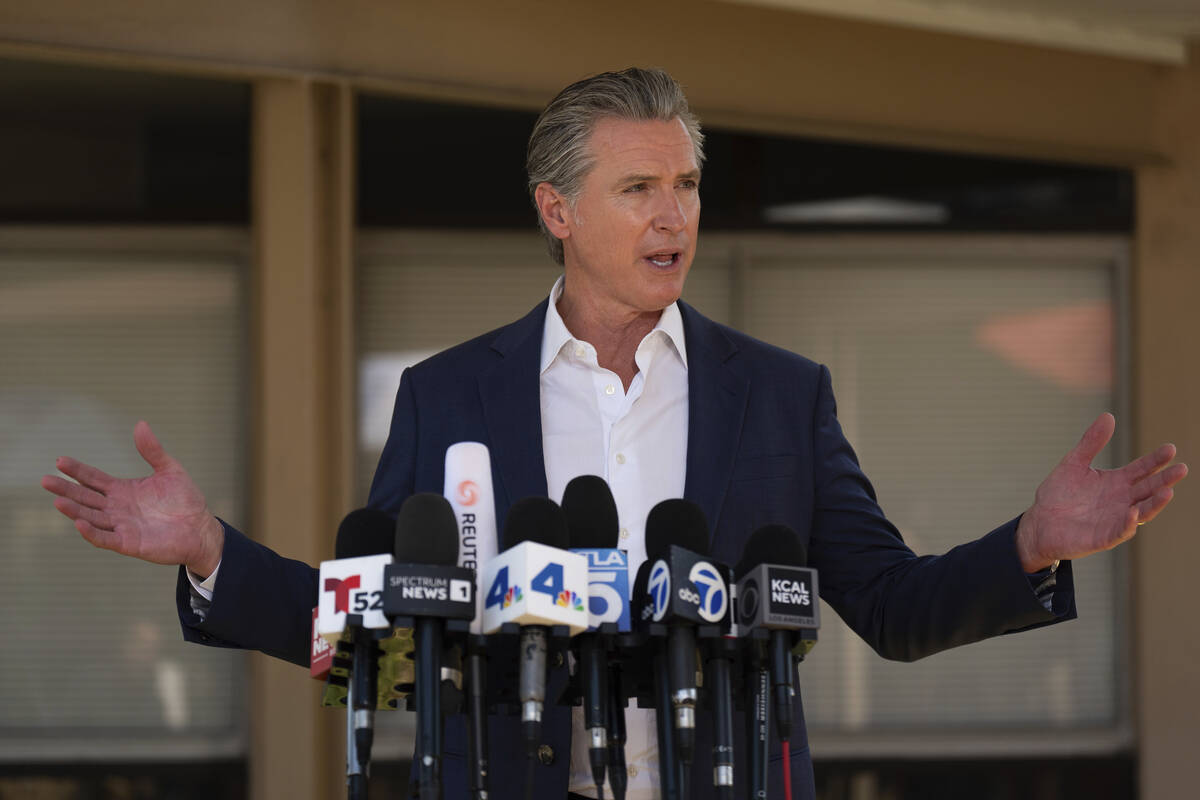California Governor Gavin Newsom and Democratic lawmakers have faced criticism for their approach to business regulation, particularly following recent comments from Bed Bath & Beyond’s Executive Chairman, Marcus Lemonis. The retailer announced it would not open or operate retail locations in California, citing the state’s “overregulated, expensive, and risky environment” for businesses. This decision comes as Bed Bath & Beyond prepares to expand with hundreds of new stores following its bankruptcy two years ago.
Lemonis’s statement underscores a growing trend among companies reconsidering their presence in California. “This decision isn’t about politics — it’s about reality,” he noted, emphasizing the challenges businesses face in the state. The company’s latest move has ignited discussions around California’s business climate and the potential implications for its economy.
State Response and Business Climate
In response to Lemonis’s remarks, Newsom’s press office took a dismissive approach, stating on social media, “After their bankruptcy and closure of every store, like most Americans, we thought Bed Bath & Beyond no longer existed.” This reaction has drawn criticism, as many believe a more constructive dialogue could benefit both the state and the business community.
California’s economic landscape remains robust, yet the state has been losing more businesses than it gains annually since 2014. High-profile exits from California, including In-N-Out Burger, SpaceX, and Chemron, highlight the mounting concerns among entrepreneurs and investors. The Los Angeles Times recently published an article detailing why companies originally from California are choosing to leave, further emphasizing the issue.
While Newsom’s recent comments may appeal to certain voter bases in light of a potential presidential run in 2028, they raise questions about his commitment to fostering a business-friendly environment. Addressing the challenges identified by Lemonis and others could help retain companies and jobs in California.
The Political Implications
The ongoing tension between California’s regulatory environment and business interests presents a significant challenge for Newsom and his administration. Acknowledging the issues faced by companies in the state would require a level of humility that may conflict with his political ambitions. As the governor navigates these complexities, the impact on residents and the local economy remains a critical concern.
By prioritizing a more supportive atmosphere for businesses, Newsom could potentially reverse the trend of companies leaving California. However, his current approach indicates a focus on political positioning rather than addressing the realities faced by entrepreneurs.
In conclusion, the situation illustrates the delicate balance between governance, business interests, and political aspirations. As Bed Bath & Beyond opts to bypass California, the implications for the state’s economy and its future business landscape are significant.





































































